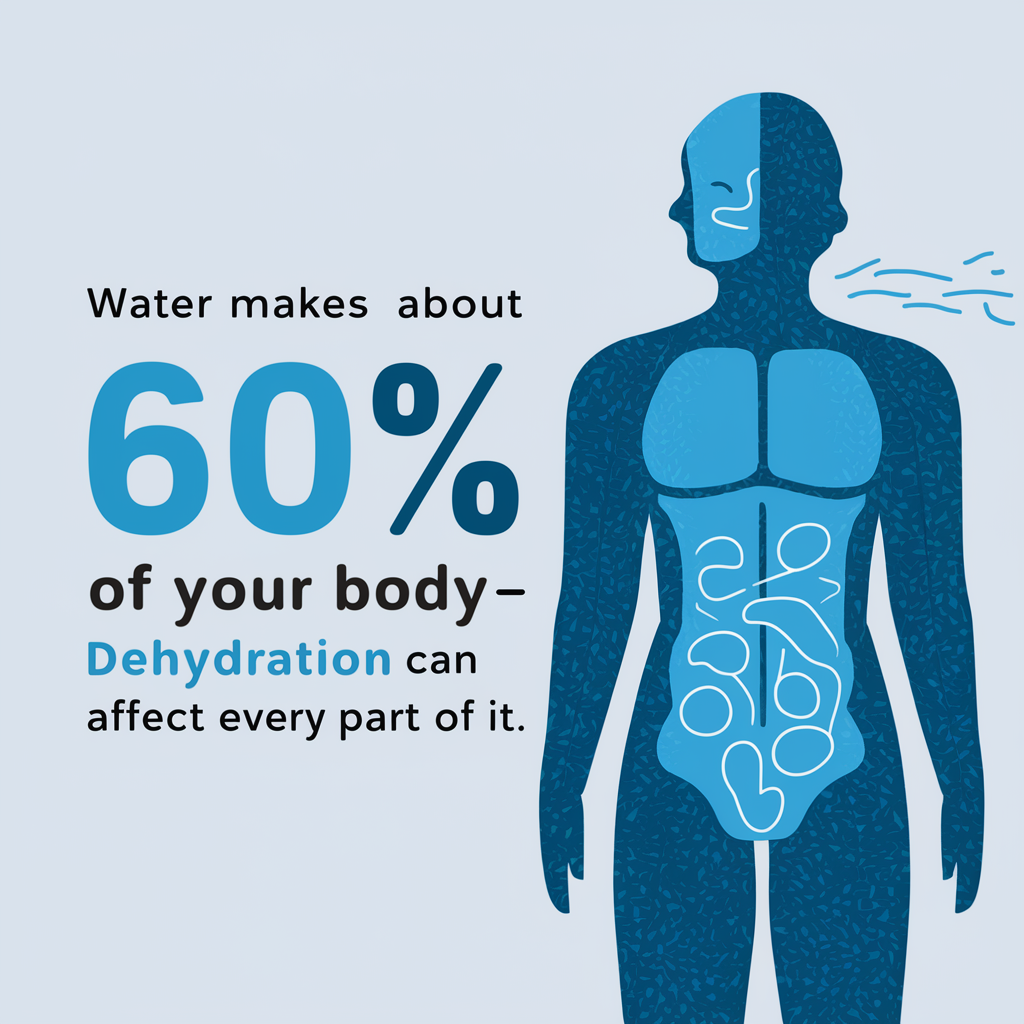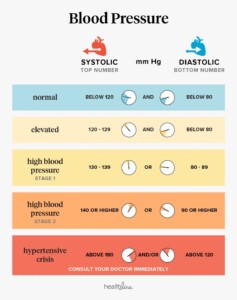
Dehydration occurs when the body loses more fluids than it takes in. It can happen to anyone, at any age, and if left unaddressed, it can lead to serious health complications. In this article, we will explore the causes of dehydration, its symptoms, and effective remedies to restore proper hydration levels. Understanding dehydration is crucial for maintaining optimal health and well-being.

Causes of Dehydration
Dehydration can be caused by various factors, including:
- Inadequate Fluid Intake: Not consuming enough fluids throughout the day, especially during physical activity or in hot weather, can lead to dehydration.
- Excessive Sweating: Engaging in intense physical exercise or working in a hot environment can cause excessive sweating, leading to fluid loss.
- Illness: Certain illnesses, such as fever, vomiting, or diarrhea, can increase fluid loss and contribute to dehydration.
- Medications: Some medications, like diuretics or certain blood pressure medications, can increase urine production and result in dehydration.
- Alcohol and Caffeine: Consuming alcoholic beverages or caffeinated drinks can have diuretic effects, promoting fluid loss from the body.
Symptoms of Dehydration
Recognizing the symptoms of dehydration is essential for prompt intervention. Common signs of dehydration include:
- Thirst: Feeling thirsty is the body’s way of signaling the need for more fluids.
- Dry Mouth and Lips: Dryness in the mouth and lips is a common indication of dehydration.
- Fatigue and Weakness: Dehydration can lead to feelings of fatigue, weakness, and decreased physical performance.
- Dizziness and Headaches: Lack of proper hydration can cause dizziness, lightheadedness, and headaches.
- Dark Urine: Urine that appears dark yellow or amber is a sign of concentrated urine due to dehydration.
- Dry Skin: Dehydration can result in dry skin that lacks elasticity and appears dull.
- Muscle Cramps: Electrolyte imbalances caused by dehydration can contribute to muscle cramps and spasms.
Remedies for Dehydration
If you suspect dehydration, it’s important to take immediate action to rehydrate your body. Here are some effective remedies:
- Increase Fluid Intake: Drink water, herbal teas, or electrolyte-rich beverages to replenish lost fluids. Aim to drink small amounts frequently rather than large quantities at once.
- Replace Electrolytes: Along with fluids, replenish essential electrolytes by consuming sports drinks or eating foods rich in potassium, sodium, and magnesium.
- Avoid Diuretics: Minimize alcohol and caffeine intake, as they can contribute to fluid loss.
- Consume Hydrating Foods: Include water-rich fruits and vegetables in your diet, such as watermelon, cucumber, oranges, and strawberries.
- Monitor Activity Levels: If engaging in physical activity, ensure you stay hydrated by drinking fluids before, during, and after exercise.
- Seek Medical Attention: If symptoms of dehydration persist or worsen, seek medical attention, especially in severe cases.
Prevention is Key
Preventing dehydration is crucial for maintaining overall health and well-being. Here are some preventive measures to consider:
- Drink Ample Fluids: Consume adequate amounts of water and fluids throughout the day, even when not feeling thirsty.
- Be Mindful of Environment: Increase fluid intake in hot weather or when in environments with high temperatures or low humidity.
- Stay Hydrated During Exercise: Hydrate before, during, and after physical activity to compensate for fluid loss through sweat.
- Monitor Fluid Intake during Illness: Pay attention to fluid intake during illnesses that cause fever, vomiting, or diarrhea, and replenish fluids accordingly.
By staying mindful of your hydration levels and taking proactive measures to prevent dehydration, you can ensure optimal functioning of your body and promote overall health.
Remember, maintaining adequate hydration is essential for your well-being. Listen to your body’s signals, consume fluids regularly, and seek medical attention if you experience severe or prolonged symptoms of dehydration.
Stay hydrated and stay healthy
As an Amazon Associate we earn from qualifying purchases through some links in our articles.




